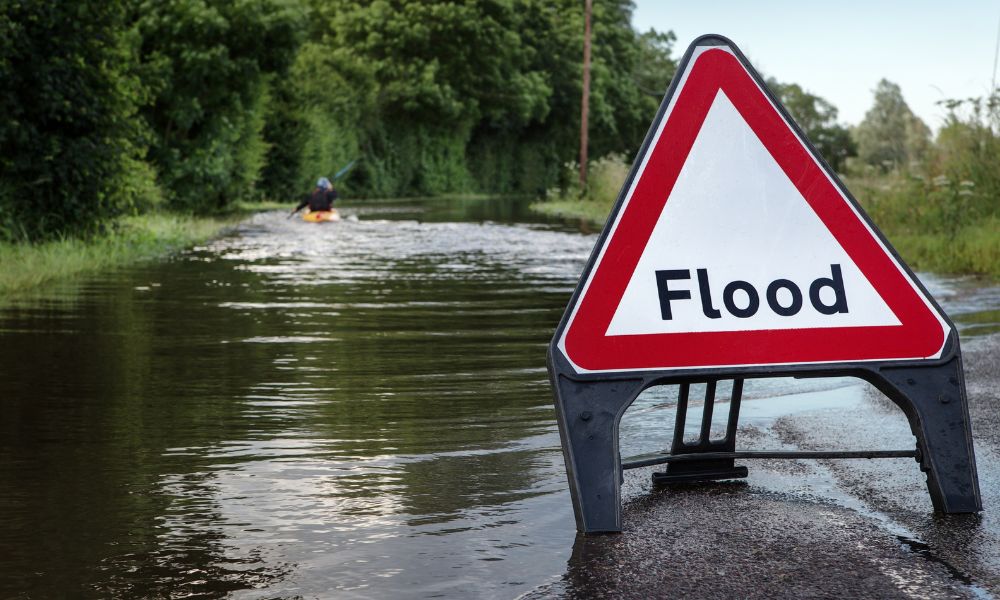
Natural disasters have the power to wreak havoc on economies, and among these, floods stand out as one of the most destructive.
The damage caused by flooding can be catastrophic, leading to loss of life, displacement of communities, and severe economic setbacks.
Different countries across the world face varying degrees of vulnerability to floods, largely dependent on their geographical location, climate, and infrastructure.
In this blog post, we will explore which country's economy has suffered the most due to floods and the broader implications of such disasters on a nation's financial well-being.
| Are you a Tax Lawyer in USA? 👉Transform Your Brand: Click for Metamorphosis👈 |
The Impact of Floods on Economies
Before delving into which country has been most affected by flooding, it is essential to understand how floods impact economies. Flooding events can have several far-reaching consequences, including:
Determining which country has suffered the most due to floods is a complex task, as the impact of floods varies widely depending on the scale of the disaster and a country's level of preparedness.
However, there are several nations that have repeatedly faced severe flooding, resulting in substantial economic losses.
Bangladesh: Bangladesh is one of the most flood-prone countries in the world due to its geographical location and extensive river systems. The country experiences annual monsoon floods, causing widespread damage to infrastructure, agriculture, and livelihoods. It is estimated that Bangladesh loses billions of dollars annually due to floods, making it one of the countries most affected by this natural disaster.
India: India also faces significant flooding issues, with various regions prone to both monsoon and riverine floods. The economic impact of flooding in India can be substantial, with damage to homes, agriculture, and infrastructure.
China: China's vast territory means that it deals with multiple types of flooding, including riverine, coastal, and flash floods. Flooding in China has caused immense damage, affecting millions of people and costing billions of dollars in economic losses.
United States: In the United States, flooding is a recurrent issue, particularly in regions like the Gulf Coast, the Midwest, and areas along major rivers. Hurricane-related flooding events, such as those caused by Hurricane Katrina, have had particularly devastating economic consequences.
Pakistan: Pakistan experiences seasonal monsoon flooding, resulting in damage to agriculture, infrastructure, and human settlements. The economic losses incurred due to floods in Pakistan are substantial.
It's important to note that these countries have varying capacities to mitigate the impact of floods, and their economic resilience differs significantly. Additionally, the frequency and severity of flooding events can change over time due to factors like climate change.
Floods are a natural disaster that can have profound and lasting effects on a country's economy.
While it is challenging to pinpoint a single country that has suffered the most, several nations face recurrent and severe flooding, leading to significant economic losses.
The impact of floods is not limited to immediate financial setbacks but also extends to long-term challenges such as rebuilding infrastructure, rehabilitating communities, and addressing the broader environmental and climate change implications.
To reduce the economic toll of floods, countries must invest in robust disaster preparedness, early warning systems, and infrastructure resilience.
Additionally, global efforts to combat climate change are crucial, as rising temperatures can exacerbate the frequency and intensity of flooding events.
Ultimately, a combination of proactive measures and international cooperation is essential to minimize the economic consequences of floods and protect the livelihoods of millions of people worldwide.